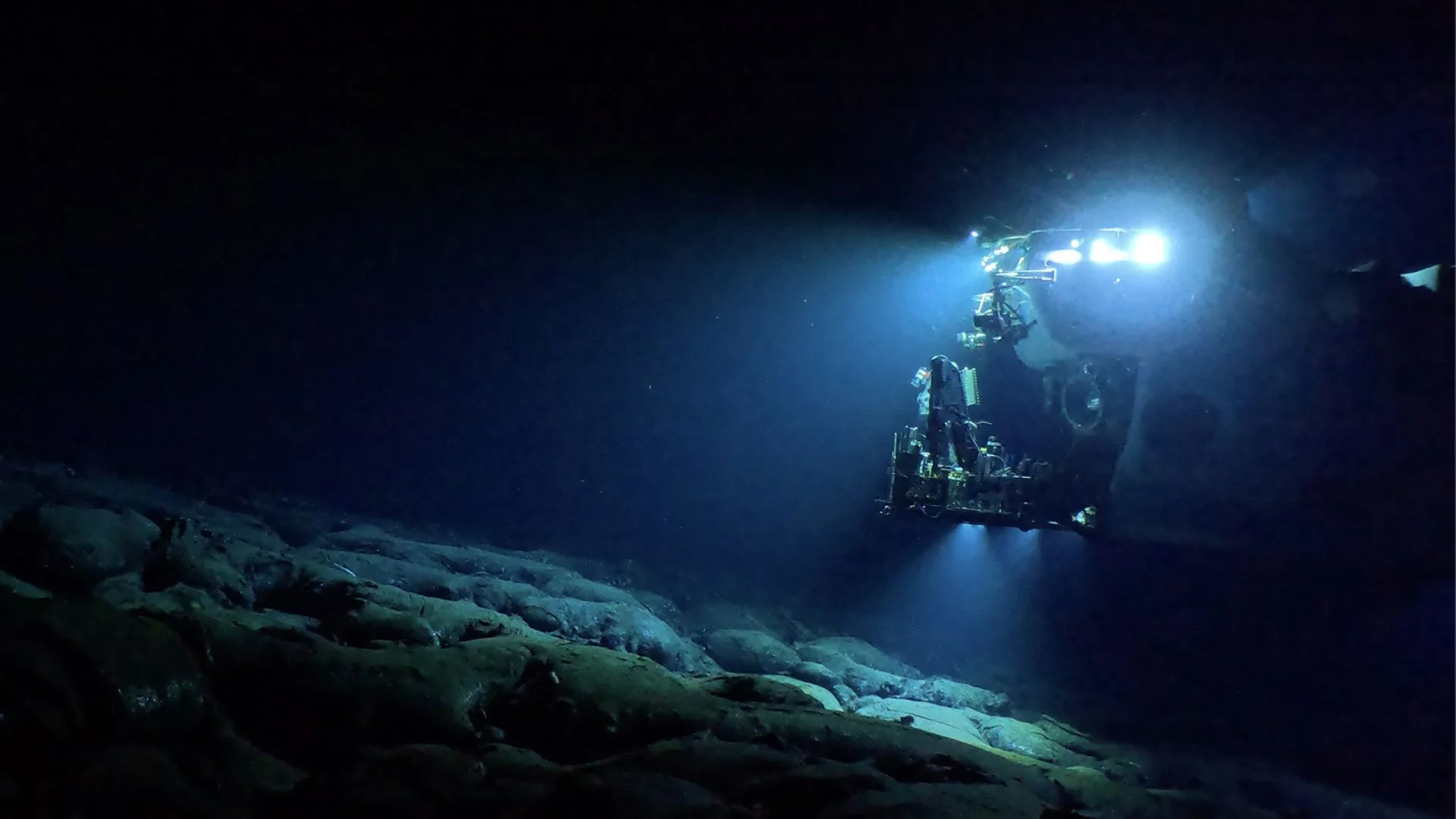Revolutionizing Our Understanding of Life
Scientists have made a groundbreaking discovery that could transform our understanding of life on Earth. An international research team has found that metallic minerals on the deep-ocean floor can produce oxygen in complete darkness, challenging long-held beliefs about the origins of life and the significance of photosynthesis. This research, published in the journal Nature Geoscience, includes contributions from the Scottish Association for Marine Science (SAMS) and Northwestern University.
The Unusual Oxygen Readings
Andrew Sweetman of SAMS made the unexpected “dark oxygen” discovery during ship-based fieldwork in the Pacific Ocean. Collaborating with Northwestern’s Franz Geiger, who led the electrochemistry experiments, the team investigated peculiar oxygen readings from the ocean floor that Sweetman first recorded in 2013. Initially suspecting equipment malfunction, they recalibrated their sensors multiple times, but the readings persisted. In 2021 and 2022, they returned to the Clarion-Clipperton Zone, a mineral-rich area in the central Pacific, confirming their findings using different methods.
Role of Polymetallic Nodules
The study highlights the crucial role of polymetallic nodules, naturally occurring mineral masses on the ocean floor. Composed of metals like manganese, iron, cobalt, nickel, copper, and lithium, these nodules generate oxygen through electrochemical processes even in the absence of light. Geiger noted that these metals are essential for battery production, raising concerns about the environmental impacts of deep-sea mining.
Implications for Deep-Sea Mining
The discovery carries significant implications for the deep-sea mining industry, which aims to extract these valuable minerals for green energy technologies. Environmentalists are worried about the potential impact of mining on ocean ecosystems. Past mining activities in the 1980s created “dead zones” where marine life has struggled to recover, raising alarms about the long-term effects on biodiversity.
Rethinking the Origins of Life
This study also challenges the traditional view that Earth’s oxygen supply originated solely from photosynthetic organisms. The findings suggest that oxygen production could have occurred in the deep ocean, supporting aerobic life before photosynthesis evolved. This revelation calls for a reevaluation of how and where aerobic life may have begun on Earth.
While this discovery opens new avenues for understanding deep-sea ecosystems and the origins of life, many questions remain. Researchers are still exploring the extent of oxygen production by polymetallic nodules and the specific electrochemical processes involved, emphasizing the need for further studies before any mining activities take place.























